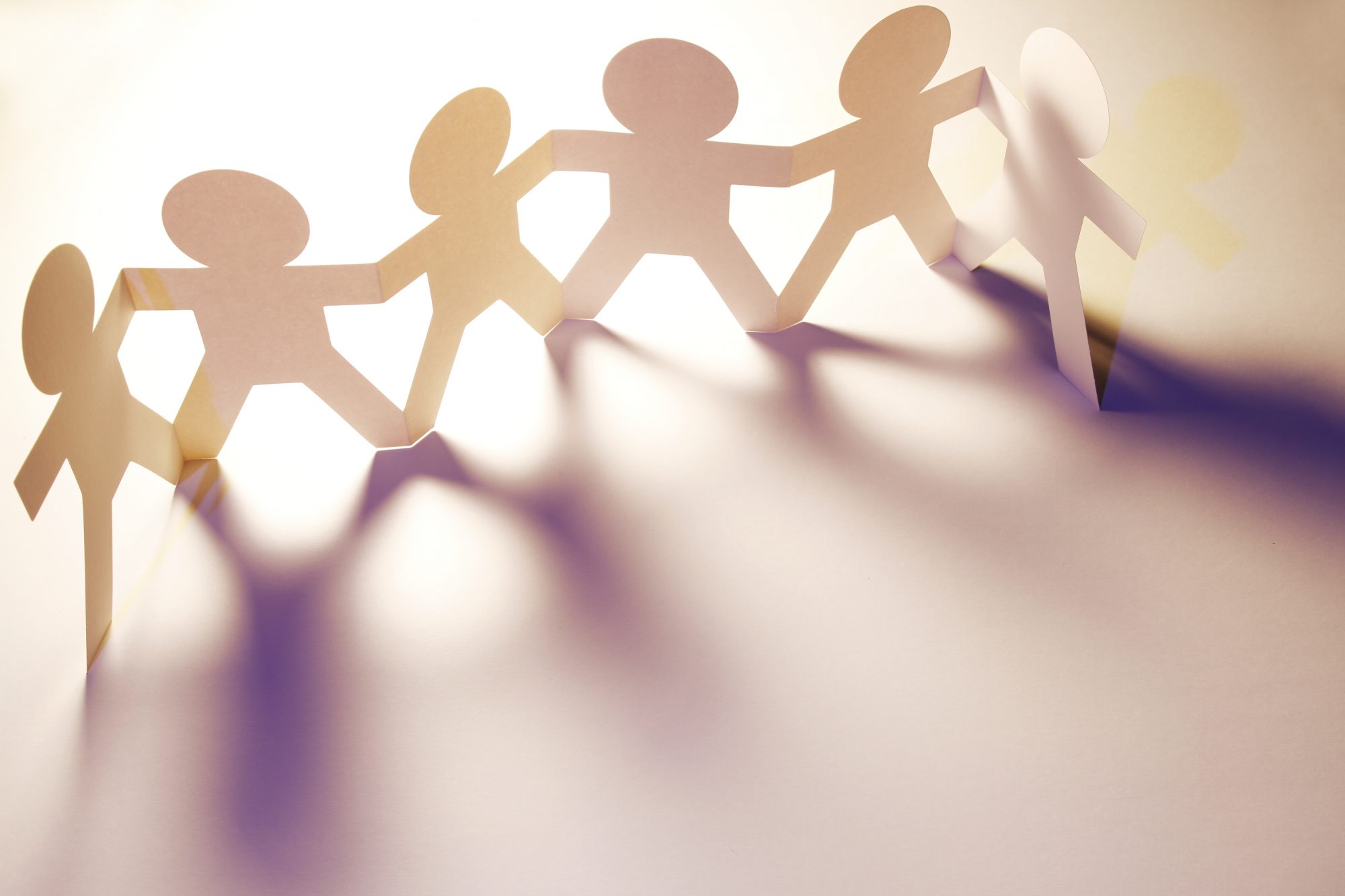Seven ways data changes our society
Data might be abstract, and it might be hard to grasp. But what is indeed traceable for anyone is its major impact on our lives.
Data is not restricted to some highly technological realms. Rather its impact is permeating more and more fields of our daily lives. Manifold ordinary actions are revolutionised and enhanced by data innovation. Here a seven of the most striking examples.
#1 Shopping
Retailers save their customers’ purchasing and browsing history in order to find out about their individual taste and shopping habits. Additionally, operators of search engines or social media platforms cooperate with big retail chains providing data sets ready for even deeper consumer analysis. Combining all collected insight, customers can be targeted directly with personalised advertisement or promotions.
Whereas this strategy is well-known in the field of online shopping, it is becoming increasingly common in offline commerce as well. Any store tries to collect as much information as possible about their customers’ needs and wishes in order to tailor their products and sales strategies accordingly. Finding goods that meet our very individual desires is easier than ever.
Two girls with shopping bags

#2 Media
We tend to consume more and more news online. For many people browsing their social media newsfeeds has become their exclusive source for information. The reason for its popularity is to be found in great parts in integrated filters. Resting on data analysis, these filters are able to identify the reader’s interests and offer only the desired share. Skipping pages and searching for wished-for articles is thus no more necessary.
Woman reading news on tablet

#3 Pop culture
Major online entertainment suppliers have been using a similar filtering approach as media platforms. Spotify, for instance, offers its users not only recommendations but creates individual radio streams based on their taste and even weekly or daily moods. Netflix, on the other hand, rates its series and films so customers know what is likely to appeal to them.
Moreover, Netflix goes even one step further and employs data analysis already in the phase of producing new shows. Making out most popular genres, characters and concepts they are able to captivate their audience at a growing degree – while we are still wondering how series can be so thrilling we cannot but binge-watch.
Woman posing in the street

#4 Health
Data’s effect on public health is twofold: First, medical research benefits from a huge amount of patients’ data that can be collected and examined. The effectiveness of medication and treatment can thus be studied in a new dimension allowing to see correspondences between patient types, ailments and therapies on a great scale. Also, the spread of diseases can be tracked and pandemics have become predictable, making early counter action possible.
Second, the individual profits from the generation of data more directly as well. Many people are using services or devices that record their vital functions and physical activity. Personal fitness and health levels are hence observable. Additionally, most apps include advice on how to improve or maintain your well-being.
Healthy lifestyle

#5 Security
Data is indeed able to make our communities safer! It renders the prevention of crimes possible. In other words, it stops criminality even before it can turn out as such. In order to achieve this, public safety data is analysed in real time and crime patterns including strategies, times and places are made out. As a result, police and security forces are better prepared and able to work more efficiently. Moreover, planning and resource management is enhanced, because data makes it foreseeable how much personnel at specific locations or dates are truly necessary.
Crime scene

#6 Relationships
Whereas the former points all named quite rational aspects of life, also the emotional side to it is not left untouched. In fact, data has the ability to upgrade our love life. Whilst we needed to rely on personal contacts or our communities’ contacts to find a partner a few years ago, our options now greatly supersede that concept: Via online tools we are able to find matches among millions of strangers and to establish former non-existent links. If it was only for that, the advantages were not yet convincing, as it seems rather difficult and time-consuming to find your great love among these manifold options. Data, though, identifies personality types and relationship patterns and consequently offers us the most suiting partners to chose from. That is, data does everything for us up to the final – very pleasant – step of actually falling in love.
Couple sitting together

#7 Charity
Just when it seems it cannot get any better, there is another opportunity presented by data that benefits the community – or even more so, benefits the greater good. Diverse charity projects have started to make use of data in order to improve life conditions around the globe. Among others, imminent food crisis can be identified and alternative supply sources can thus be found in a timely manner. Or, as described above, global health issues can be studied and addressed more comprehensively. Another approach of charitable initiatives targets individuals more directly, like Crisis Text Line. The organisation offers counselling via text message for people in acute despair. The striking feature about this is its stipulation to specifically build on data and technology in order to improve the outcome of their crisis management.
Team of paper doll people

Links
https://www.crisistextline.org/
Keywords
data analysis, data collection, social media, search engines, browsing history, filter, personalise
